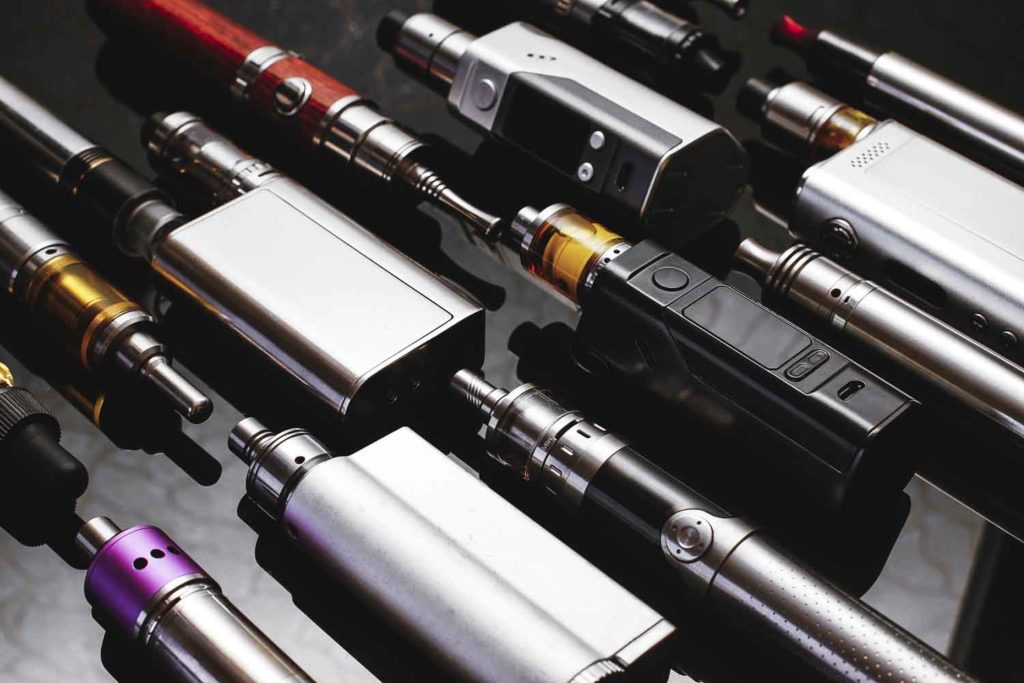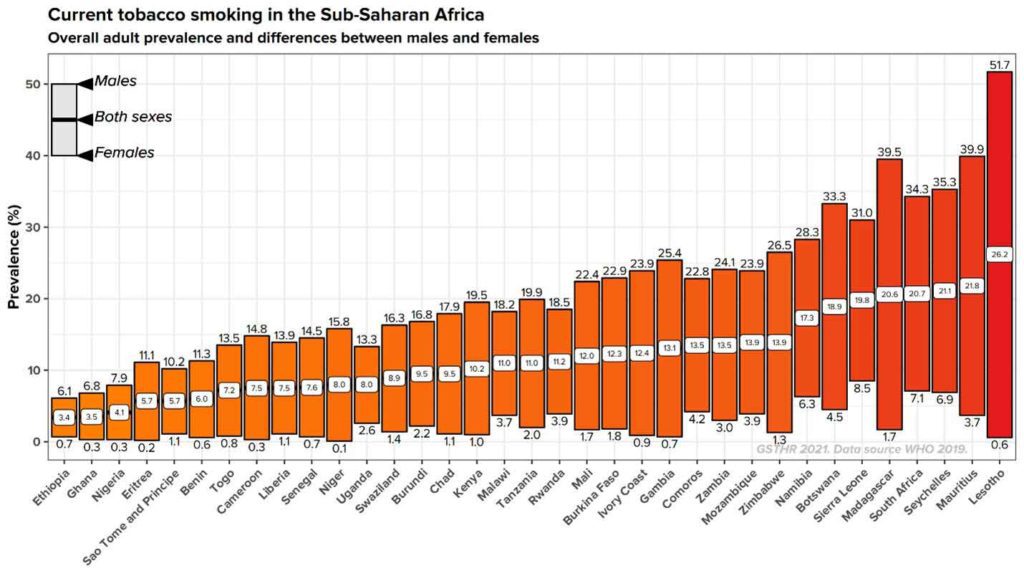
Framtiden Management Co. announced its opposition to the proposed takeover of Swedish Match by Philip Morris International. The Framtiden Partnerships own over 14.5 million shares representing about 1 percent of outstanding shares.
As a long-term Swedish Match shareholder since 2003, Framtiden believes that the acquisition offer of SEK106 per share deeply undervalues the company, which Framtiden estimates to be worth nearly SEK200 per share.
The company detailed its position in a white paper.
According to Framtiden, the offer inadequately values Swedish Match’s leading position in the rapidly growing nicotine pouch segment and the latent market potential worldwide. Furthermore, the investors believe the offer underappreciates the uniqueness of a fast-growing established global consumer staples business and forces the realization of capital gains that would otherwise be deferred for long-term investors who want to participate in the company’s continued growth.
“My partner Chris Anderson and I believe that this deal does not make sense for long-term shareholders,” said Dan Juran, managing member of the Framtiden Partnerships, in a statement. “I have closely followed Swedish Match’s development for nearly two decades, built relationships with its managers and currently serve as the chairman of the company’s nominating committee. I was dismayed to see the board recommend the sale of this Swedish jewel at a bargain price in the early stage of probably the greatest chapter in its long history.
Juran said that while investors may be tempted by the short-term premium, especially during a period of market declines, he compared the potential of Swedish Match to that of Coca-Cola in the 1980s and Philip Morris in the 1950s.
“Those companies compounded earnings at a superior rate for many years, and shareholders who stuck with them were rewarded mightily,” he said. “We believe sticking with Swedish Match is likely to prove far more remunerative to shareholders over time than cashing out. We hope other shareholders see the merits of our position, further detailed in our white paper.”
Framtiden Management Co. joins Elliott Management Corp. and Bronte Capital in asserting that PMI’s offer undervalues Swedish Match. Elliott Management Corp. is believed to be increasing its stake in Swedish Match in order to get a better price from PMI.
PMI says it has already obtained approvals for its acquisition by regulators in Brazil and the United States. European regulators have indicated that they intend to review the bid by Oct. 11.




















